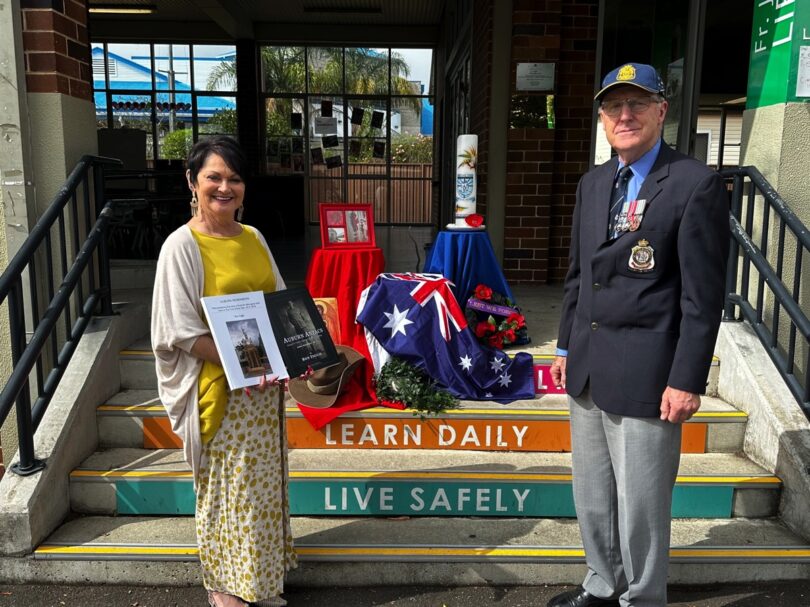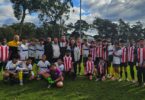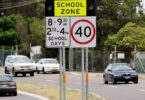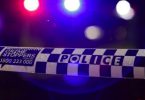These are just a few of the fascinating insights included in ‘Auburn Anzacs’, the second book following ‘Auburn Remembers’, by passionate historian, former high school teacher and veteran Ron Inglis.
To kick-off Anzac Day celebrations and as part of the Australian Heritage Festival, Ron will conduct a free author talk on his latest book at Auburn Library on Tuesday, April 23, 6-7pm, with all invited and booking not required.
While his first book is a study of the men listed on Auburn War Memorial as a group, the second book includes a biography of each of the 150 who did not come home.
In total, 900 Auburn men and two nurses enlisted, with the majority returning home, and their names included on the Municipality of Auburn Honour Board.
‘Auburn Anzacs’ also features honour boards found in the Auburn Anglican, Methodist and Presbyterian churches, including a stained glass window featuring the names of the 10 out of the Presbyterian congregation who died.
“This study of Auburn’s fallen soldiers of the Great War, is not just a list of 150 First World War records of service,” Ron said.
“It investigates their characteristics and compares these with the rest of the AIF (Australian Imperialist Force) and with the overall population of Australia at the time.
“For example, collating the occupations of the men of Auburn clearly showed the working-class nature of the cohort and the pensions granted to widows, indicated the number of orphans left behind in Auburn.
“The loss of life was enormous and communities everywhere paid a high price.
“The book is a way to honour that sacrifice and I’ve enjoyed every minute discovering their stories.”
Book honouring locals’ sacrifice
TWENTY men from Auburn died on their first day in battle, four more died in English hospitals, one committed suicide and Auburn Mayor William James Johnson died from his wounds after fighting in the Battle of Pozieres in 1916.





